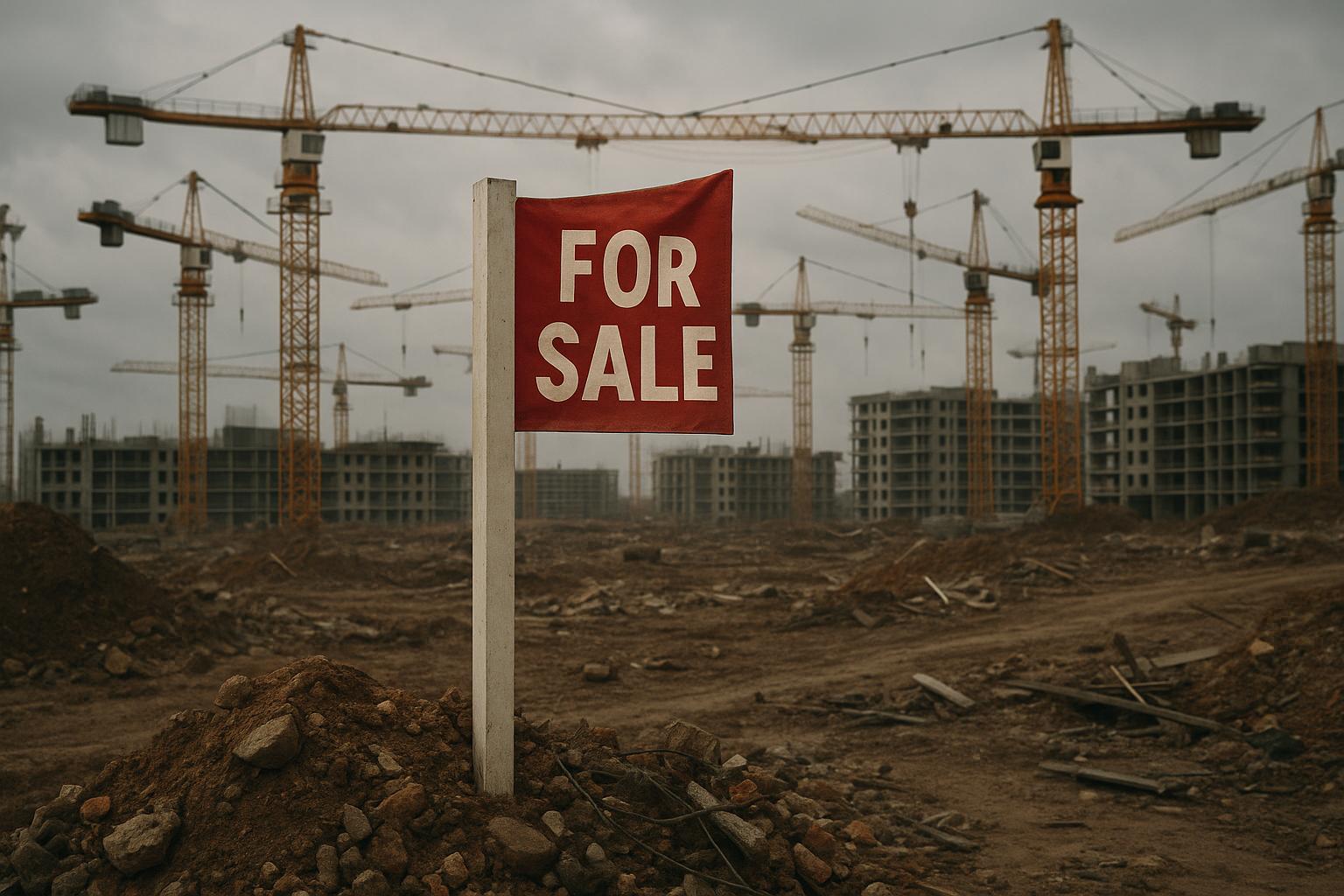Comedians James Acaster and Nish Kumar have sparked controversy after lending their support to a campaign opposing a major housing development in Peckham, south London. The redevelopment plans, put forward by Berkeley Homes, involve constructing 867 new homes on the site of the Aylesham shopping centre and market. However, the project has come under intense scrutiny following a significant reduction in the number of affordable homes, with the proportion dropping from an initially proposed 35% to just 12%.
The reduced affordable housing offer, which fell from 270 units to 77, has drawn sharp criticism from local politicians and housing campaigners who warn this will exacerbate the area's acute housing crisis. Councillor Helen Dennis voiced strong disappointment, highlighting that over 4,000 households in Peckham remain on the social housing waiting list. She condemned the omission of a Community Land Trust from the revised plan, which could have helped deliver low-cost, locally designed housing. The council argued that the development as currently proposed does not meet their standards for affordable housing provision nor respects the heritage of the Rye Lane Peckham Conservation Area.
Facing Southwark Council’s unanimous rejection of the application last July, Berkeley Homes bypassed the local authority and appealed directly to the government’s Planning Inspectorate. An eight-day public inquiry is scheduled to commence in late October. This decision by Berkeley Homes has further inflamed tensions, with critics accusing the process of undermining local democratic oversight.
Against this backdrop, Acaster and Kumar’s involvement in fundraising efforts to legally challenge the development has provoked a backlash from housing advocates and political figures. James Yucel, director of the pro-development Conservative YIMBY group, labelled the comedians “champagne socialists” opposing new homes under the guise of anti-gentrification activism, calling their stance “hypocritical, anti-working-class, and utterly regressive.” Tory MP Neil O'Brien and housing researcher Kane Emerson echoed these sentiments, emphasising the urgent need for more housing in one of the country’s most unaffordable areas. The criticism centres on the argument that opposing housing developments, particularly on brownfield sites, prevents much-needed homes from being built and drives up prices further.
The campaign—organised by Aylesham Community Action and supported by several local councillors and MPs—involves comedy shows and fundraising initiatives aimed at mounting a legal challenge against the development at the forthcoming Planning Inspectorate hearing. So far, the campaign has raised over £46,000. Local residents themselves are divided, with some frustrated by the obstruction of a project that could ease housing pressures in Peckham, where the average home price hovers around £800,000.
The issue highlights broader tensions in London between the need to increase housing supply and concerns over the quality, affordability, and impact of new developments. Critics of Berkeley Homes argue that reducing affordable housing to 12% represents a retreat from the commitments needed to tackle the housing shortage. Industry analysts attribute the reduction partly to the so-called viability loophole, whereby developers cite rising costs and planning delays to justify cutting affordable units in revised proposals, posing significant challenges to local housing strategies.
Meanwhile, Southwark Council stands firm in its commitment to delivering genuinely affordable homes for residents and maintaining local heritage standards. Councillor Helen Dennis underscored the council’s responsibility amid the borough’s housing crisis, noting recent achievements in council housing completions but stressing the need for more social rent homes secured through developments.
As the dispute advances to the Planning Inspectorate, the fate of the Aylesham Centre redevelopment remains uncertain. The case encapsulates the complexities of urban regeneration in London, where competing priorities of development, affordability, community interests, and heritage often clash, reflecting the wider national debate over housing policy and provision.
📌 Reference Map:
- Paragraph 1–3 – [1], [2], [4]
- Paragraph 4–5 – [1], [3], [5], [7]
- Paragraph 6–7 – [1], [6], [1]
- Paragraph 8 – [1], [2], [4]
- Paragraph 9 – [1], [2], [4], [6]
Source: Noah Wire Services
